Here is one of my favourite poems by Jane Hirshfield – Three Times The World Has Opened
It has many striking images and ideas but the reason I am drawn to it now is that I am working on my new play which has religion as a backdrop. It’s always interesting how when I have an obsession, everything seems to ‘speak’ to it in different ways. She is a supremely mindful writer – someone who spots ‘the one red leaf’ which is my hope and intention in my writing.
I’ve just finished reading Richard Holloway’s memoir Leaving Alexandria, in which he explores faith and doubt – which he sees as overlapping rather than opposites. He quotes Anne Lamott who said ‘the opposite of faith is not doubt, but certainty. Certainty is missing the point entirely. Faith includes noticing the mess, the emptiness and discomfort, and letting it be there until some light returns.’ The door, as in Jane Hirshfield’s poem can just easily open in to darkness and rain as fire.
The characters in my play inhabit a world where faith is rarely questioned, it’s more or less a given. My lead character is ‘certain’ for much of the action and then, through a tragic loss, becomes full of doubt and has to find a different kind of faith. His wife follows a different trajectory. She is a mass of doubts and then, to paraphrase Jane Hirshfield, ‘three times her life opens’ and she develops a deep, if unconventional faith. The play is set in Victorian Cornwall and Tennyson’s ‘In Memoriam A.H.H.’ (seventeen years in the writing) informs some of the emotional responses of my characters.
I heard Richard Holloway speak last year and was struck by how often he said was drawn to poetry, especially at difficult times. In his memoir, he writes, ‘Theology had ceased to help. Its abstractions rarely illuminated the tragedy of life … Fiction helped in this. So did poetry. Neither sought to explain, only to express, to give voice to the earth’s anger and sorrow.’
Jane Hirshfield’s poem doesn’t explain joy or mystery – it expresses it wonderfully. Her work is full of paradox, both in form and content. The imagery is concrete and easy to imagine but the juxtapositions are full of riddles and strangeness. In some ways this poem responds to Richard Holloway’s doubts and his experience of God as often an absence. She writes ‘You will recognise what I am saying or you will not’. Something opens, sometimes, for some people. For others, the door stays firmly shut, with voices murmuring tantalisingly on the other side.
Perhaps it doesn’t matter. Jane Hirshfield is often described as a Zen poet but is quoted as saying, ‘I always feel a slight dismay if I’m called a ‘Zen’ poet. I am not. I am a human poet, that’s all.’
Drama is different again from fiction, memoir or poetry. Relationships are paramount and the tensions between them are held as if by a Heath Robinson contraption of elastic bands, remove one and the machinery of the play collapses. So the task now is to listen to and watch each character, to see what might be written on those scraps of unreadable paper left on the floor, to notice ‘the one red leaf’ of what it is that makes them really human. And get them talking.
7 Comments
Leave A Comment
You must be logged in to post a comment.


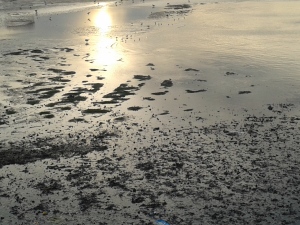
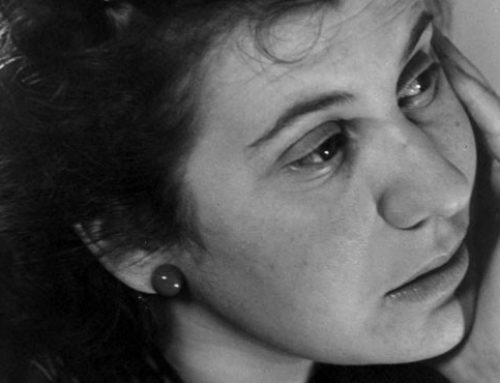
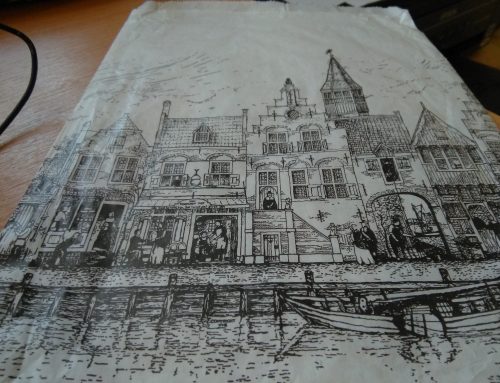
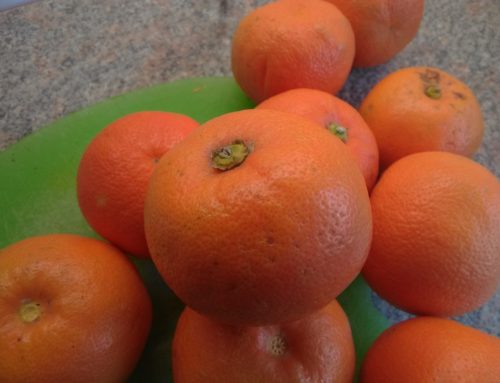
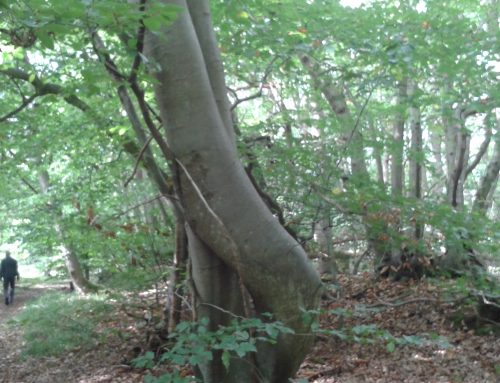
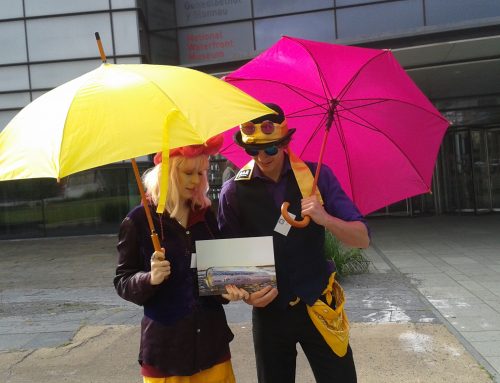
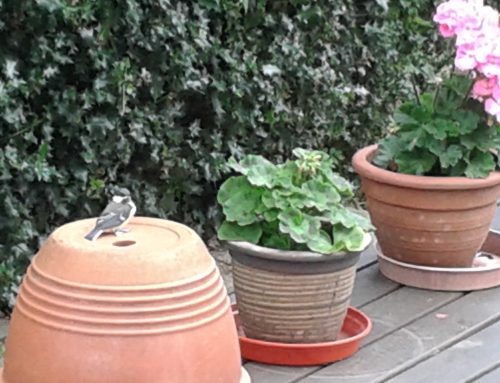


interesting as always, dear Vicky. One of my Plymouth students says writing poetry (which is new for her) is like engaging in meditation. xC
I think your student is spot on – for me, poetry and meditation have lots in common. See you soon dear Caroline
Thanks for this poem and your reflections on it Victoria. This poem will work its wonders on me over the next months! I am just into a block of autobiographical sessions with my weekly library groups- and this one is sure to feature!
I hope you are well and thriving!
Rob Henley
Hi Rob – glad you like the poem – I’d be interested to know what your library group makes of it. It’s one I go back to. Yes, very well, just off to London and Bristol for Metanoia. Hope our paths cross again before long.
Thanks for marvellous poem Victoria! It will be food for a few months for the heart and imagination. My groups will love it! Hope you are thriving! Robx
Excellent piece, Vicky. I love the interweaving of the many in the one in the way you pull it all together.
Jane Hirshfield is one of my favourite poets. And Richard Holloway is wonderful – he interviewed Ken S and myself on Iona one year for an arts programme, and I read his book ‘Looking in the Distance’ – courageous, bold, iconoclastic and scrupulously self-honest book. (I recently wrote a poem for him – he sent me a lovely response.) Do intend to read ‘Leaving Alexandria’.
In response to Caroline (and yourself), I would completely agree re poetry and meditation, and I explicitly use them in conjunction with each other in some of my workshops. I feel there’s a synergy, too.
Rx
I meant to add that your play sounds fascinating, btw. Congratulations!